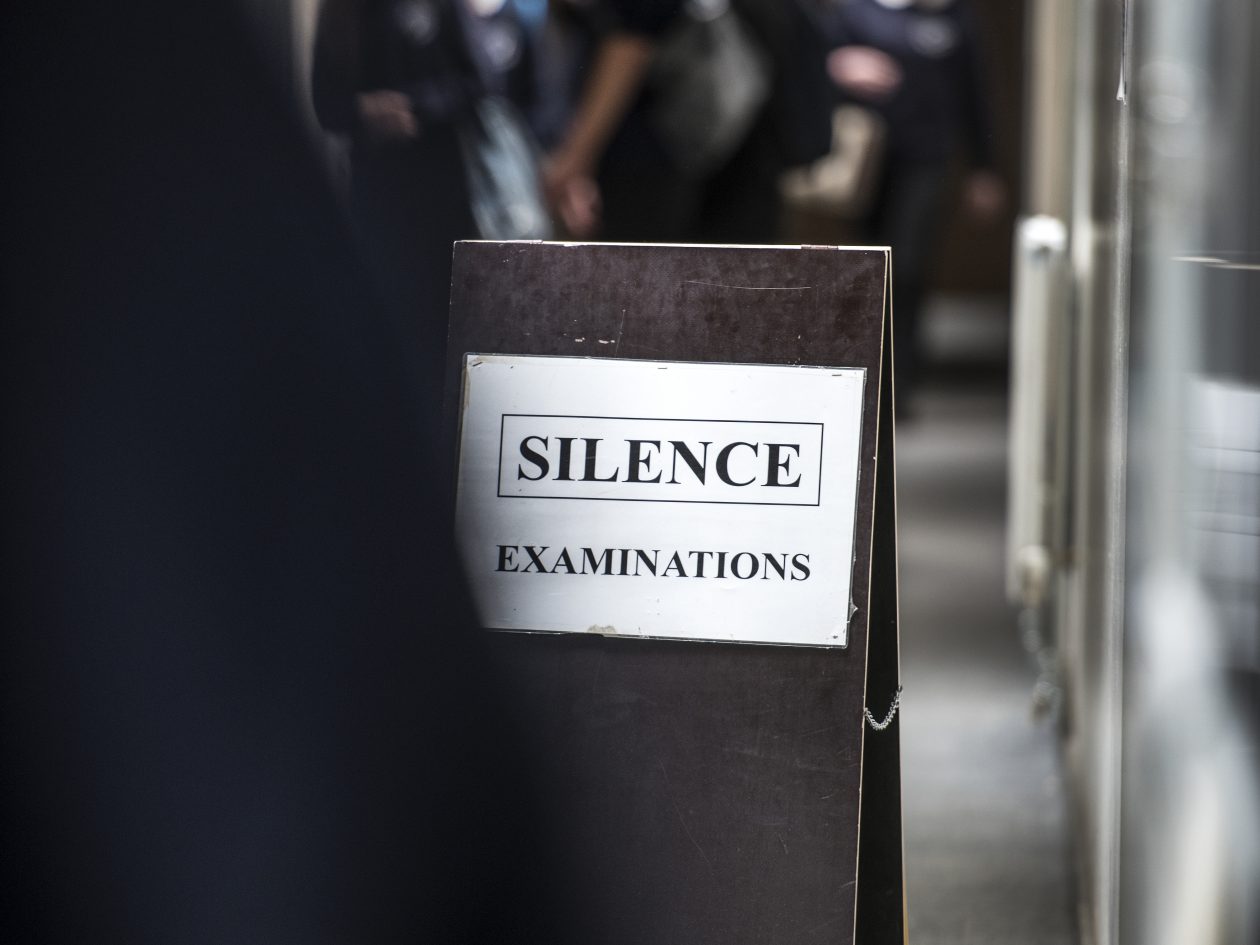The ESRC Research Centre on Micro-Social Change recently presented new research on universities in the UK – who applies, who stays, who achieves – what makes a difference?
The event, held at Broadway House in Westminster on Wednesday 29th November, was aimed at teachers, outreach, careers and widening participation professionals working in schools, colleges, universities and charities, as well as policy makers, journalists and social mobility campaigners. The event presented new evidence from a team of researchers looking at what happens in homes, in schools and in universities, and the difference this makes to whether young people attend, stay or succeed at university.
Session 1: Thinking of going to university: Chaired by Cath Murray, Features Editor and Head of Digital | Schools Week & FE Week
What parents know – what difference does this make to young people deciding to apply to university? Professor Adeline Delavande, Professor of Economics, Institute for Social and Economic Research, University of Essex
Feedback in Key Stage 3 – what difference does this make to youngsters? Dr Laura Fumagalli, Senior Research Officer, Institute for Social and Economic Research, University of Essex
Session 2: Achieving at university: chaired by Rachel Hall, Editor of The Guardian Higher Education Network
What can explain the gender, ethnic and social gaps in dropout and degree class? Evidence from the HESA student records: Dr Angus Holford, Research Fellow, Institute for Social and Economic Research, University of Essex
Following a cohort of undergraduates over time, do students adopt different study habits and change them over time: Professor Emilia Del Bono, Professor of Economics, University of Essex
Effective learning techniques at university: Professor Adeline Delavande, Professor of Economics, Institute for Social and Economic Research, University of Essex
Getting a graduate job – Does class make a difference? Dr Greta Morando, Senior Research Associate, Institute of Education, University College London
Session 3 What does this research mean for changing practice and policy? Panel discussion – chaired by Fran Abrams, joint chief executive of the Education Media Centre, former Education Correspondent of the Independent.
Key policy makers, thinkers, practitioners and advisors – discussed implications for policy making, for institutional practice, for messaging
with
-
Emilie Sundorph from the think tank Reform
-
Dr Graeme Atherton, Director, The National Education Opportunities Network
-
Andrew Rawson, Principal, Action on Access National Coordination Team for Access and Widening Participation in Higher Education
-
Louis Coiffait, Associate Editor at Wonkhe, the blog and think tank about UK higher education policy, people and politics
